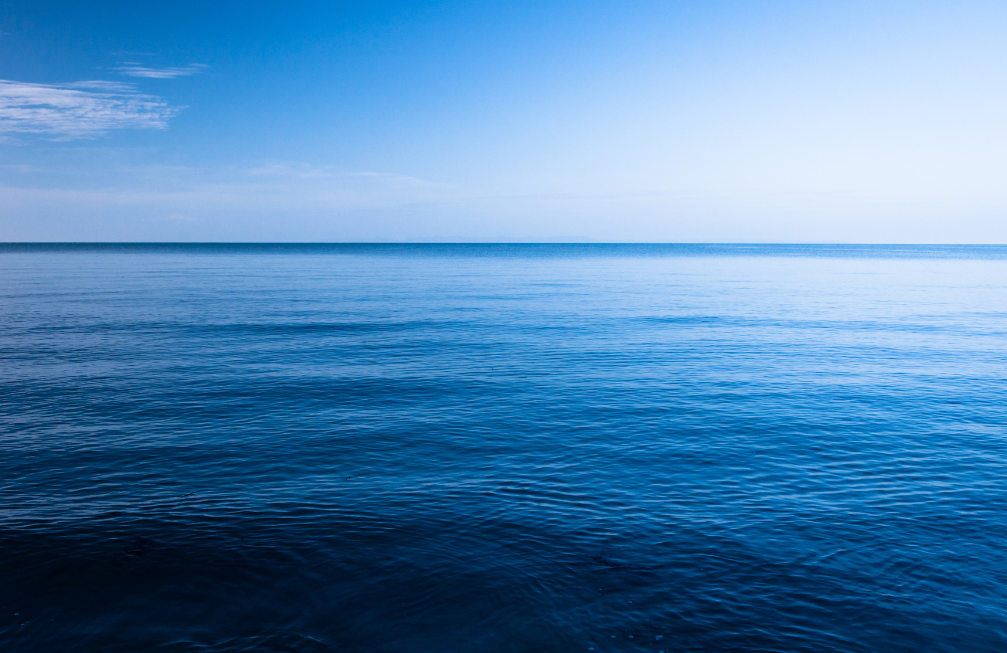
Our upcoming webinar explores intertwining indigenous knowledge and values with the needs of the community to achieve positive outcomes for the marine environment.
Join us for engaging presentations to hear about:
- The importance of intertwining Indigenous knowledge and values in marine protection planning
- Insight into cooperative partnerships with Indigenous communities to establish protected areas
- Marine management systems such as rāhui, taiāpure reserves (East Otago), and ra’ui (Cook Islands)
Register via Zoom to tune in online on Thursday 7 November at 7 pm
Thanks to the New Zealand National Commission for UNESCO for supporting this event as part of our Seaweek Ngā Kōrero series.
Guest Speakers
Jacqueline Evans
Working with community and stakeholders of the Cook Islands, Evans helped to create an integrated system of ocean management to protect their marine environment and biodiversity. She led a five-year grassroots campaign to establish Marae Moana (“Sacred Ocean”) a multiple use ocean protected area, established in 2017. She brought international experts and scientists together with traditional leaders, the local private sector, communities, government agencies and nonprofit organisations to make the vision of this large MPA a reality. Evans persisted to build collaboration for the development of a Marae Moana Policy and Marae Moana Act to protect and conserve the Cook Islands marine biodiversity and cultural heritage. The Act includes a framework for marine spatial planning and ecologically sustainable ocean resources management. In 2019 she won the Goldman Environmental Prize for her role and in 2020 she established the Moana Foundation to advance research, environmental activism and support social progress in the Cook Islands.
Anne-Marie Jackson
Professor Jackson (Ngāti Whātua, Ngāti Kahu o Whangaroa, Ngāpuhi, Ngātiwai) is Co-Director of the National Centre of Research Excellence Coastal People: Southern Skies (CPSS) and is Kaihautū Managing Director of Rehutai Consulting. The vision of CPSS is mauri ora of coastal communities. Anne-Marie brings expertise in kaupapa Māori research working alongside coastal communities to advance goals of kaitiakitanga.